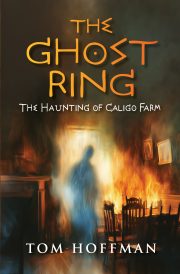The Productivity Monkey
by Deborah Walker
I don’t find productivity to be a one size fits all discipline. Sometimes a theory or technique just doesn’t resonate for me. For example, I’ve never got on with the Pomodoro technique, but some authors love it. I listened to a podcast recently where a motivational speaker was very insistent that if you don’t have goals then you can’t achieve anything worthwhile. Goals aren’t for me. I’d rather define processes rather than goals. I’ll write every weekday rather than I’ll finish a novel in a year. Many productivity experts swear by meditation, but I don’t care for it. The best advice for techniques is to try them on for size and see if they fit.


